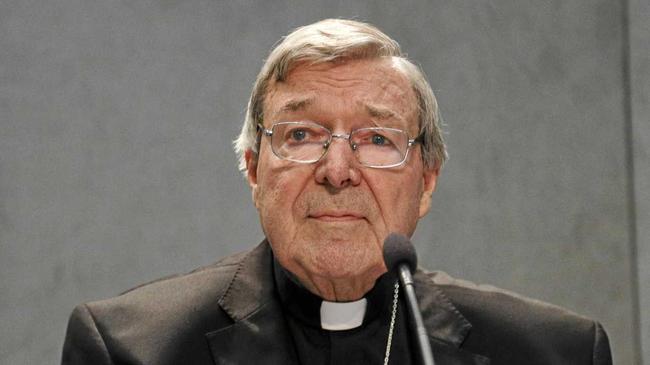OPINION: Pell case highlights hypocrisy of information laws
These "new” distributors of information must be made to play by the same rules as the rest of us, or there is no point having any rules.

Gympie
Don't miss out on the headlines from Gympie. Followed categories will be added to My News.
AT LAST the world's worst kept secret is out.
For months, journalists in Australia have not been allowed to report that Cardinal George Pell was found guilty of multiple child sex offences in December last year.
Pell is the most senior Catholic cleric in the world to be convicted of such offences and the case was reported in many international news outlets.
Australian media were not able to report on the decision because Cardinal Pell was also due to face charges at a second trial this year, related to alleged abuse committed in Ballarat.
A suppression order was put in place because publication of the first conviction could prejudice the second case. It was argued Pell might not get a fair trial if media coverage of the first guilty verdict was published.
But that did not stop social media platforms like Facebook, and many of its users, from shouting the news all over Australia.
Today, prosecutors dropped the second trial, lifting the suppression order. Now the public prosecutor is going after several traditional Australian media outlets who strongly hinted at the story while the suppression order was in place, but not Facebook. Why not?
These "new” distributors of information must be made to play by the same rules as the rest of us, or there is no point having any rules. There is no point in going after some players while the others get off scott free.


